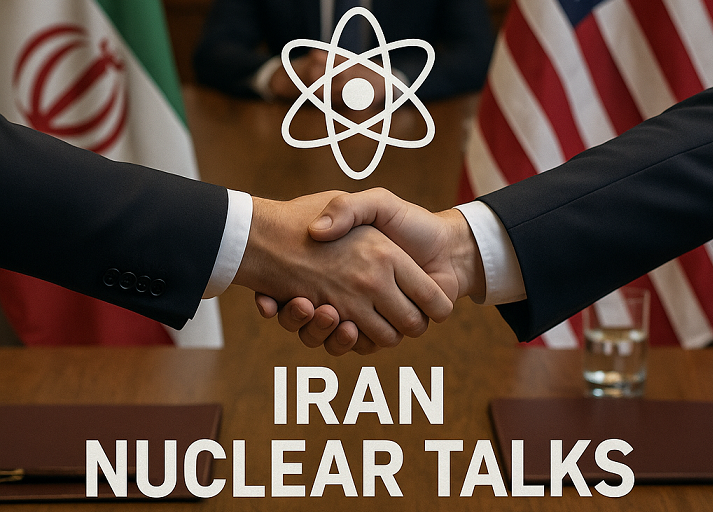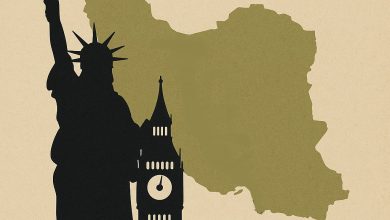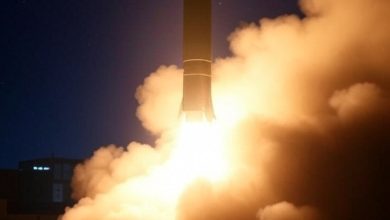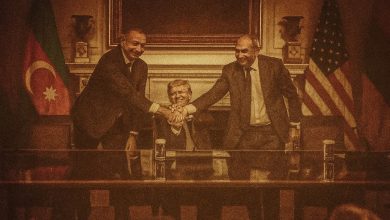Oman, Iran Nuclear Negotiations, and the Structural Role of Imperialism in U.S. Foreign Policy

The developments in the Middle East over recent decades have consistently been intertwined with the overlapping interests of global and regional powers. Among these, Iran’s nuclear program and the related negotiations are not merely a technical issue concerning energy or arms control; rather, they have become a central matter in the global power architecture, international order, and geopolitical games. The recent talks in Oman once again highlight the need to rethink U.S. foreign policy approaches, the influence of informal institutions on decision-making, and the role of international law in shaping state behavior.
If the United States genuinely seeks to achieve lasting peace and regional stability through negotiations with Iran, there are practical and well-tested solutions available. A viable model could be based on offering credible security guarantees to Iran, under United Nations supervision, and supported by a system of punitive and incentive-based mechanisms. In return, the Islamic Republic of Iran could provide verifiable commitments regarding the non-development of nuclear weapons. This model could not only enable a return to the JCPOA framework but also serve as a foundation for rebuilding trust between the parties and gradually lifting economic sanctions.
The Trump administration’s unilateral withdrawal in 2018 from the Joint Comprehensive Plan of Action (JCPOA)—while perhaps justifiable from the perspective of U.S. domestic politics and the president’s executive authority—was, from the standpoint of international law and diplomacy, unprecedented and highly controversial. The JCPOA had been endorsed by UN Security Council Resolution 2231, and the withdrawal was a violation of the fundamental principle of good faith in the implementation of international obligations.
This behavior led to a significant erosion of trust in the United States among international actors, and since then, the issue of ensuring compliance and enforcement of commitments by Western governments has become a primary demand of Iran and other concerned countries. In the absence of strong, impartial supranational institutions capable of enforcing state behavior, the recurrence of such violations seems not only possible but, in some cases, inevitable.
The U.S. strategy of military threats against Iran—viewed by some analysts as part of a broader imperialist strategy in the Middle East—does not contribute to regional stability. On the contrary, it potentially pushes Iran toward more radical options. North Korea’s experience, as a country that pursued nuclear capability under similar pressure and threats, serves as a clear example of the consequences of aggressive and non-engaging policies.
Contrary to the assumptions of some American decision-makers, economic sanctions and military threats have not led to Iran’s surrender. In many cases, they have strengthened domestic cohesion and public resistance—a phenomenon known as the “Rally ‘Round the Flag” effect—which demonstrates that coercive measures can backfire on their initiators.
U.S. foreign policy, especially in the Middle East, has long been influenced by pressure groups, ideological lobbies, and domestic political considerations. AIPAC, one of the most powerful pro-Israel lobbies, plays a significant role in shaping congressional and even executive decisions. With a hardline stance, it perceives any agreement with Iran as a threat to Israeli security, thereby posing a serious obstacle to sustainable diplomacy.
The far-right current in Israeli politics—backed by AIPAC and some conservative American figures—has effectively taken diplomacy hostage to its security-driven agenda, obstructing the formation of a just and lasting peace in the region. In contrast, there are voices within Israel that see the country’s long-term peace in constructive engagement with neighbors, including Iran, through mutual respect and dialogue.
Ultimately, a return to diplomacy can only succeed if conducted in a balanced environment, free from domination, and based on the fundamental principles of international law. Any unilateral intervention aimed at imposing political, economic, or military will on an independent country is not only inconsistent with the spirit of the UN Charter but also lays the groundwork for continuous conflict and humanitarian crises at the regional level.






